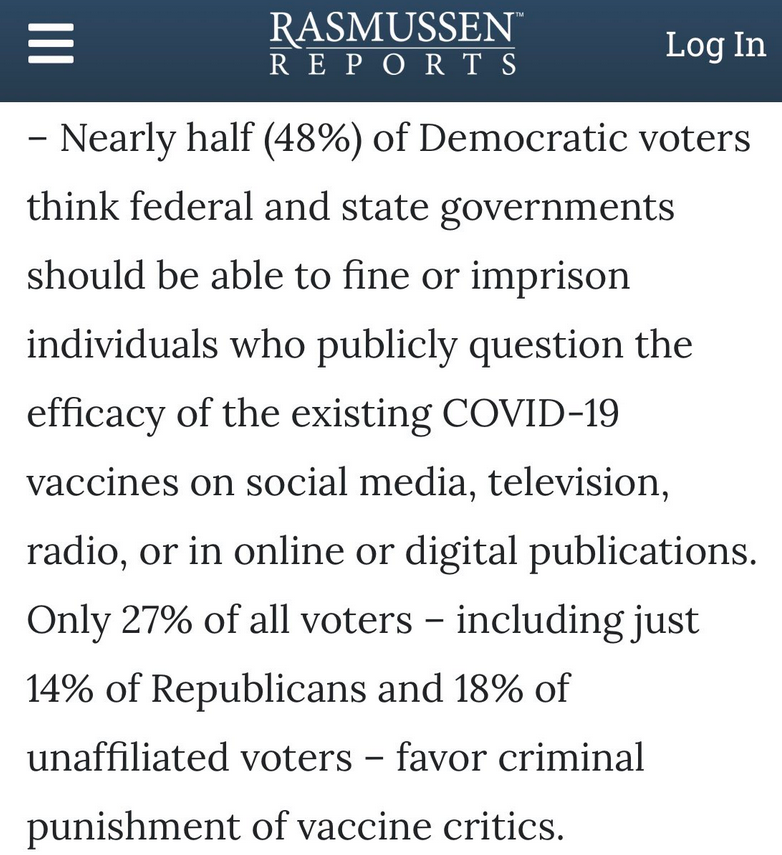These EV ‘Battery Belt’ Towns Are Betting Trump Won’t Ditch Them
Ford, Hyundai, other carmakers cranking up new EV battery factories while uncertainty looms over Biden-era subsidies for them
By
Christopher Otts and Mike Colias
Updated Jan. 7, 2025 8:39 pm ET
ELIZABETHTOWN, Ky.—Mayor Jeff Gregory stood in the cinder block frame of what is soon to be a new fire station in his 33,000-person town.
Even before the cement dries, this small community in central Kentucky already is planning two more firehouses. A $150 million upgrade of the city’s wastewater treatment plant is also in the works, and dozens of apartment buildings are going up on former farmland.
The town is gearing up for a population boom from a pair of electric-vehicle battery factories rising nearby in rural Glendale, Ky., one of which is scheduled to start production in the coming months.
Ford Motor is building both of them. Like many automakers, it is anticipating some aid from the U.S. government as it gets into the battery business.
“We have invested, banking on their success,” Gregory said, referring to the town’s preparations for the new factories.
Now,
tens of billions in federal money to support more than a dozen new U.S. battery plants similar to the Elizabethtown project are at risk, as President-elect
Donald Trump and some Republicans in the GOP-led Congress
threaten to eliminate federal funding for EVs.
The complex Ford is building with Korean battery partner SK On is part of the
biggest automotive construction binge in the U.S. in a generation, after carmakers and suppliers spent decades steering more factory work to Mexico and other countries.
A collective investment of around $133 billion is expected to create more than 109,000 American jobs, much of it at battery factories across the South and Midwest, according to data from the Center for Automotive Research. The string of battery sites stretching from Georgia up to Michigan has even earned the moniker “the Battery Belt” from some elected officials.
Helping fund these projects are federal tax credits meant to build an EV battery supply chain in the United States. The 2022 Inflation Reduction Act, President Biden’s landmark clean-energy law, set aside tens of billions of dollars in tax credits for companies that make EV batteries.
The federal subsidies reduce the cost of making batteries domestically by about $4,000 per electric vehicle, based on the average battery size of EVs available in the U.S., said Sam Adham, head of battery materials research at CRU Group, a consulting firm. The government is expected to pay companies an estimated $78 billion in tax credits through 2028, with additional outlays into early next decade.
Competing with China
Some D.C. watchers and Wall Street analysts say they expect the battery funding to survive because it is nurturing U.S. manufacturing jobs, an objective shared by both parties. While no Republicans voted for the IRA, some GOP lawmakers who
represent states with big EV projects have defended aspects of the law.
“These are huge investments going into places that have been the backbone of automotive manufacturing for decades,” said Albert Gore, executive director of the Zero Emission Transportation Association, which represents
Tesla,
Rivian and several battery makers.
Trump said on the campaign trail that he wants to scrap the IRA, although that would require congressional action. Tesla Chief Executive
Elon Musk, the president-elect’s close adviser, has said he would like to see all federal subsidies for EVs eliminated.
A spokeswoman for the Trump transition team said the president-elect would support the auto industry, both gas-powered cars and EVs.
Some automakers laid out their plans to get into the battery business before the IRA had been floated, during a burst of consumer and investor enthusiasm early this decade. But EV demand has slowed, and executives say they need the federal subsidies to help erase heavy losses.
General Motors said it received about $800 million from the IRA battery credits in 2024 and expects bigger sums in coming years. The federal subsidies are part of the company’s plan to turn a profit on EVs, said GM Chief Executive Mary Barra in December.
If they are eliminated, “it’ll be just additional work we need to do,” she said during a media event in Detroit in December. GM hasn’t disclosed how much it is losing on EVs. It expects to shrink its losses by $2 billion to $4 billion in 2025.
In Kentucky, the fragility of the EV market is evident at the Ford site, where two plants have been built side-by-side. Ford has put the second plant on indefinite hold, citing weaker-than-anticipated demand for electrics.
BlueOval SK, the Ford-SK partnership, has been on a hiring blitz as it prepares to launch the first plant, which will employ 2,500 in all. Local officials are convinced both plants will eventually come online, providing all 5,000 promised jobs.
SHARE YOUR THOUGHTS
Are subsidies for electric vehicles a good use of taxpayer funds? Join the conversation below.
“It is full steam ahead,” said Daniel London, head of a local economic-development agency.
Mickey Townsend, 55 years old, recently left her job packing orders at an
Amazon warehouse and will soon join the battery plant as a production operator. The $21-per-hour starting pay at BlueOval SK represents a good raise, she said.
Townsend said she doesn’t believe in electric vehicles, but Ford’s multibillion-dollar investment gives her confidence the job will last.
“I just don’t see them putting that kind of money out, and then not being able to keep on going,” she said.


